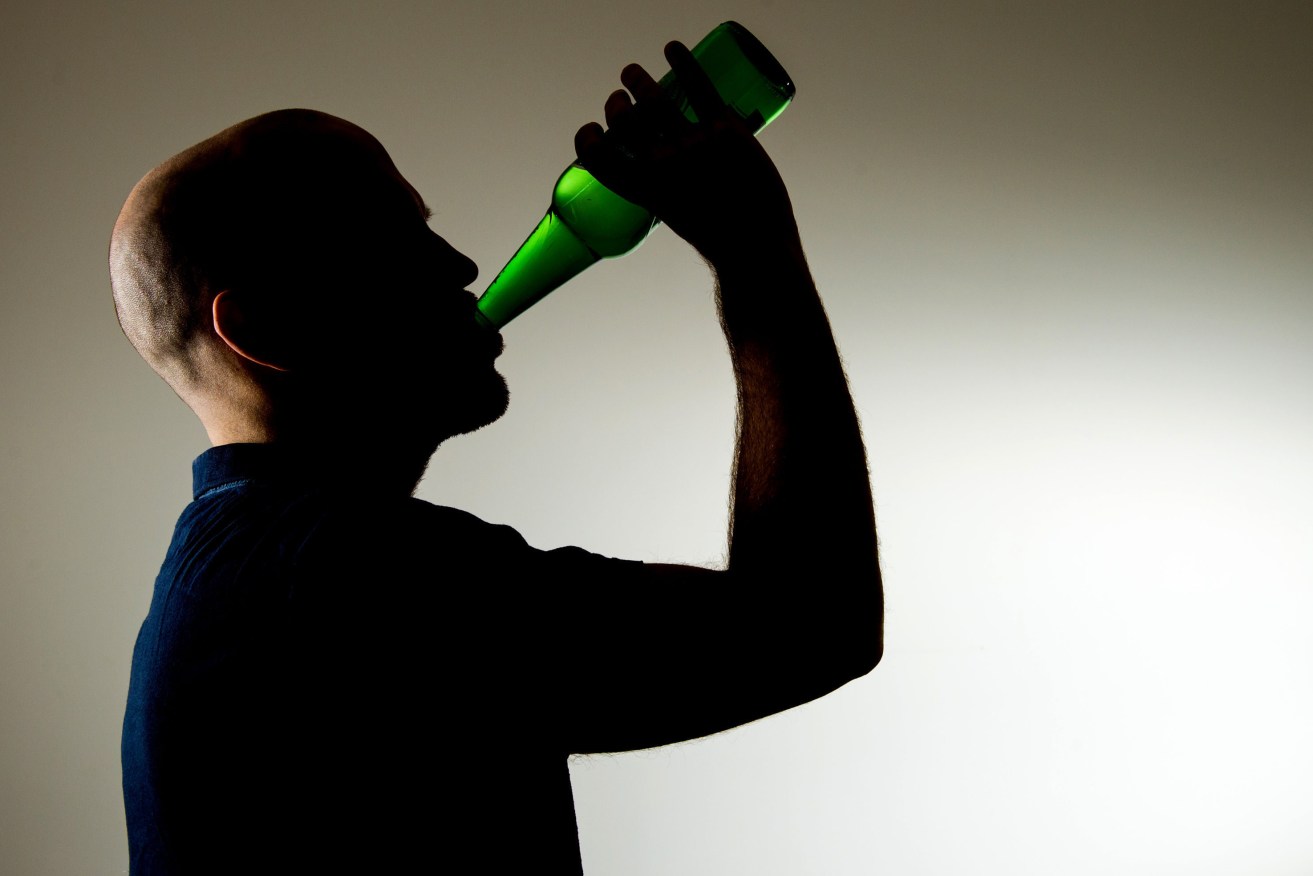Drug and alcohol service shutting city doors
National not-for-profit organisation Drug ARM will close its two metropolitan Adelaide treatment centres including a needle exchange on Friday, after its funding contract expired and wasn’t renewed.


Dominic Lipinski/PA Wire
“Drug ARM would like to advise that due to the end of a funding contract, our Community and Family Support Service in Hillbank and Warradale will be closing from the 8th May 2020,” Drug ARM executive director Jody Wright announced in a letter last week.
“Sadly, this will represent complete closure of Drug ARM’s Adelaide operations, including our longstanding Clean Needle Program operating from the Warradale office.”
At Drug ARM’s Hillbank and Warradale clinics, individuals and their families could access free counselling sessions to manage alcohol or drug dependence.
The Warradale clinic also hosted Drug and Alcohol Services SA’s clean needle program, which exchanged used needles for sterile ones.
Drug ARM spokesperson Alexandra Davis confirmed funding for the counselling program, which kept doors for both clinics open, had “reached the end of a contract” with the Adelaide Primary Health Network.
PHN executive manager of integration and design Sarah Murray told InDaily that treatment services must meet “regional need” and demonstrate “value for money.”
“I guess the reason that we’re not re-funding them in the next financial year is that we haven’t been able to achieve that,” Murray said.
She said Drug ARM’s counselling service was part of a decade-old Commonwealth funding arrangement given to the PHN in 2017, and the clean needle program was funded through the state government.
The “natural end” of the funding cycle for Drug ARM’s metropolitan counselling services was June 2020, Murray said.
“All of the other [alcohol and drug treatment] commissioning contracts remain in place,” she said.
“Our website has all of the mental health and alcohol and other drug treatment services that we fund with Commonwealth money.
“We’ve done our due diligence in terms of which services best meet need in our needs assessment and regional population planning role.”
Davis said Drug ARM would try securing funding elsewhere.
“We want to reach into communities where there’s harm from alcohol and other drugs, and we want service that need,” she said.
“We’ll continue to look but the we haven’t been successful in state funding rounds [and] this was the only contract that we had at a federal level.
“But we’re really pleased our Kangaroo Island and Victor Harbour services are able to continue.”
Three-year Drug ARM volunteer Amy Heffernan launched a petition last week to raise awareness of the clinic’s closure, which has now accumulated over 1000 signatures.
Heffernan offered counselling in the dependence program and worked at the needle exchange at Warradale.
She said individuals would now have to travel from the country to dispose and collect needles from the centre who would now have to drive much further for the service.
“It’s a safe place that’s governed by harm reduction framework, so knowing people are going to use drugs so not pushing abstinence on them but just making sure they are being safe in their use and know the harms,” she said.
Murray said a new headspace centre at Marion – due to open at the beginning of next year – would service the south.
She added DASSA had also put extra funding into other low intensity alcohol and drug treatment care in the area.
A DASSA spokesperson told InDaily they will “prioritise site recruitment” in the inner south metropolitan area to “minimise” any disruption to access the clean needle exchange.
“The Clean Needle Program (CNP), coordinated by Drug and Alcohol Services South Australia (DASSA), is an important public health initiative that reduces the spread of blood borne viruses including HIV and hepatitis C among people who inject drugs and the wider community,” the spokesperson said.
“There are an extensive range of CNP locations in metropolitan Adelaide and regional South Australia and we continue to actively seek to recruit new CNP sites in communities throughout South Australia.”
According to the 2016 National Drug Strategy Household Survey, 15.6 per cent of Australians had used an illicit drug in the last 12 months, with the SA figure at 15.7 per cent.
Want to comment?
Send us an email, making it clear which story you’re commenting on and including your full name (required for publication) and phone number (only for verification purposes). Please put “Reader views” in the subject.
We’ll publish the best comments in a regular “Reader Views” post. Your comments can be brief, or we can accept up to 350 words, or thereabouts.




